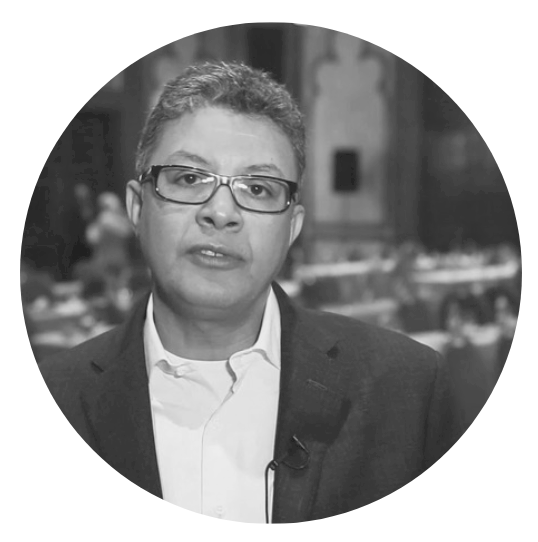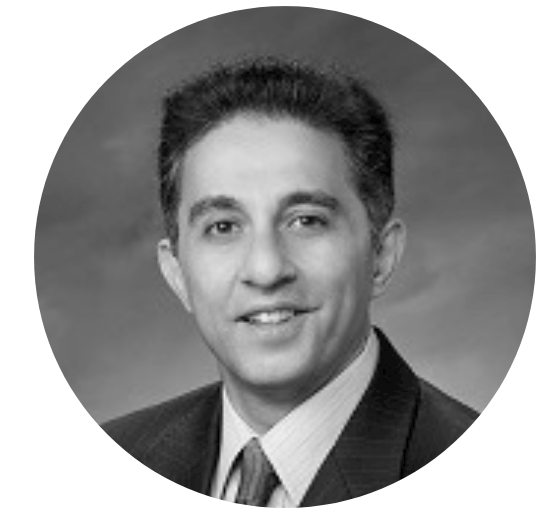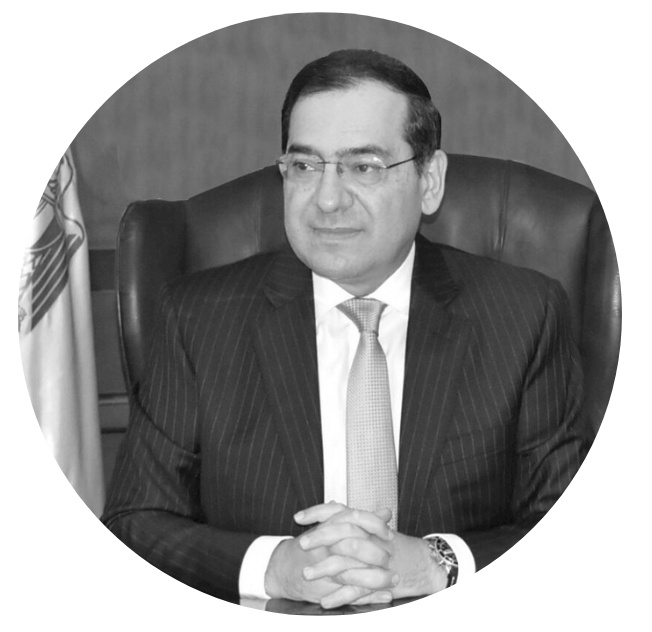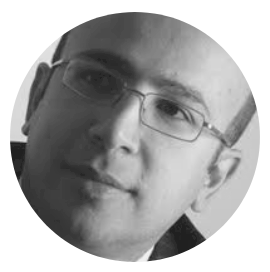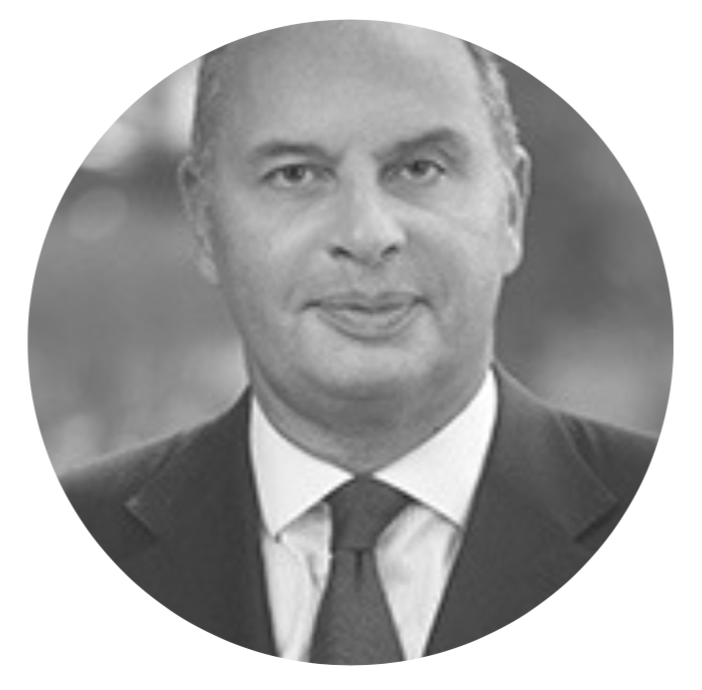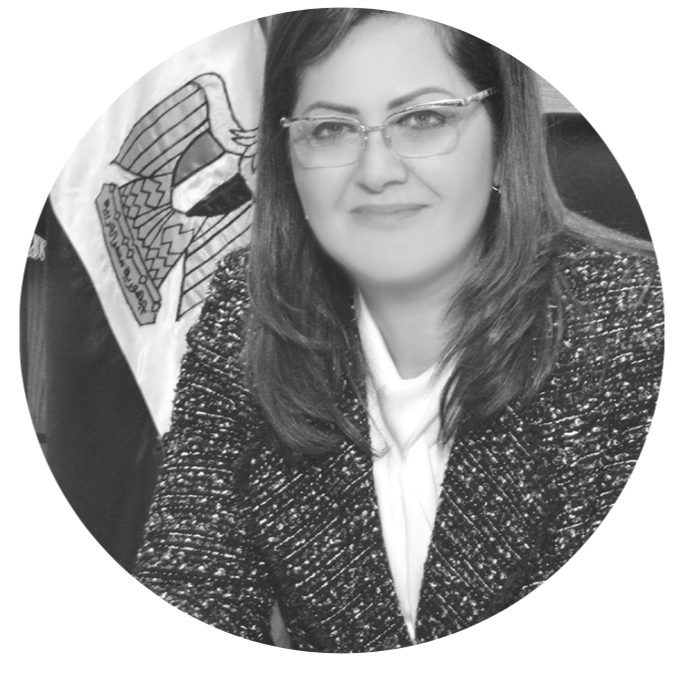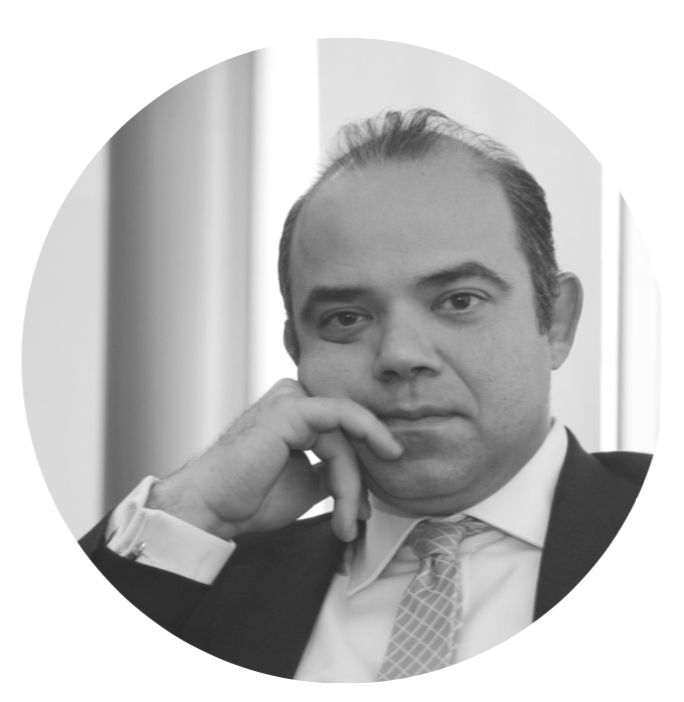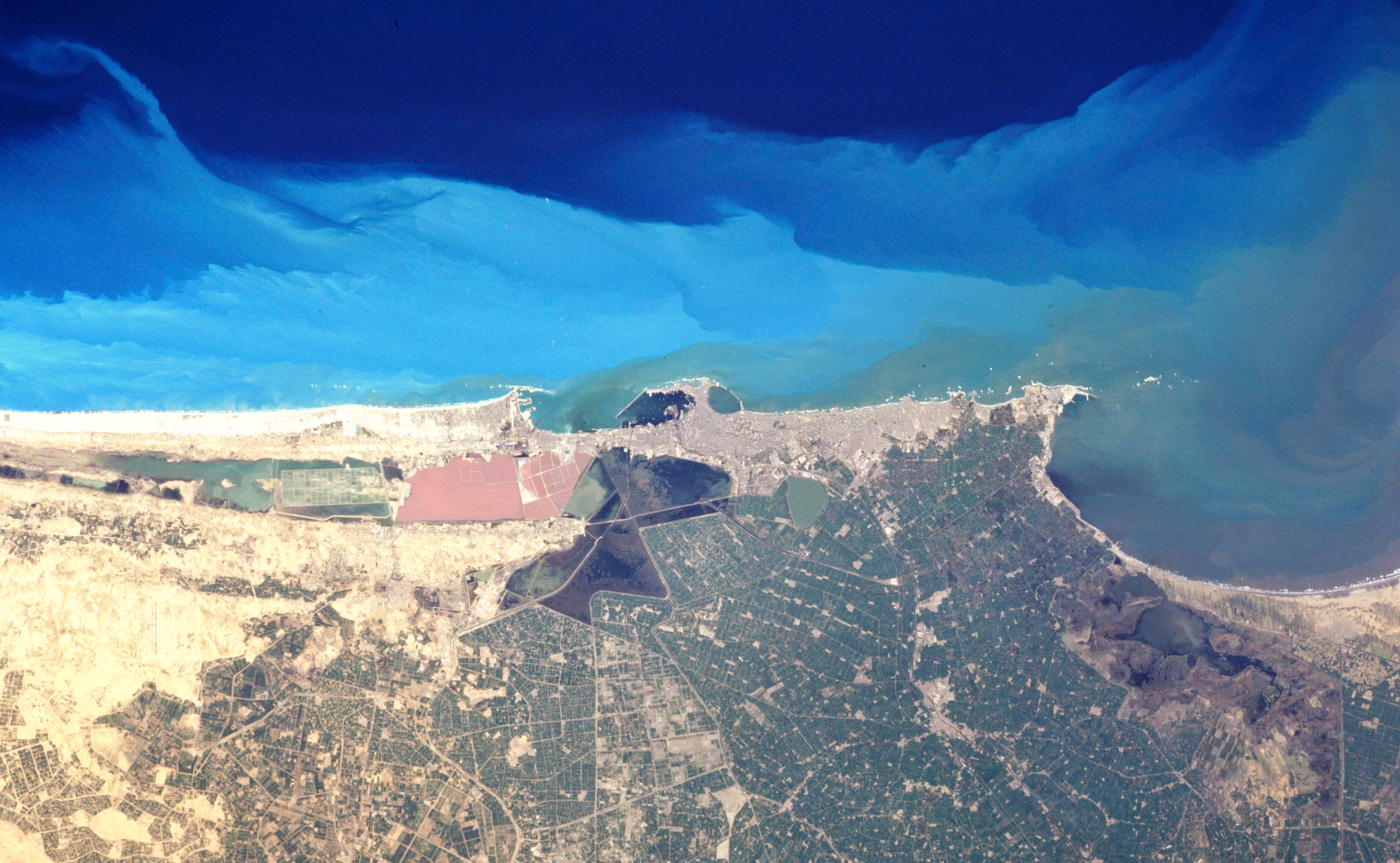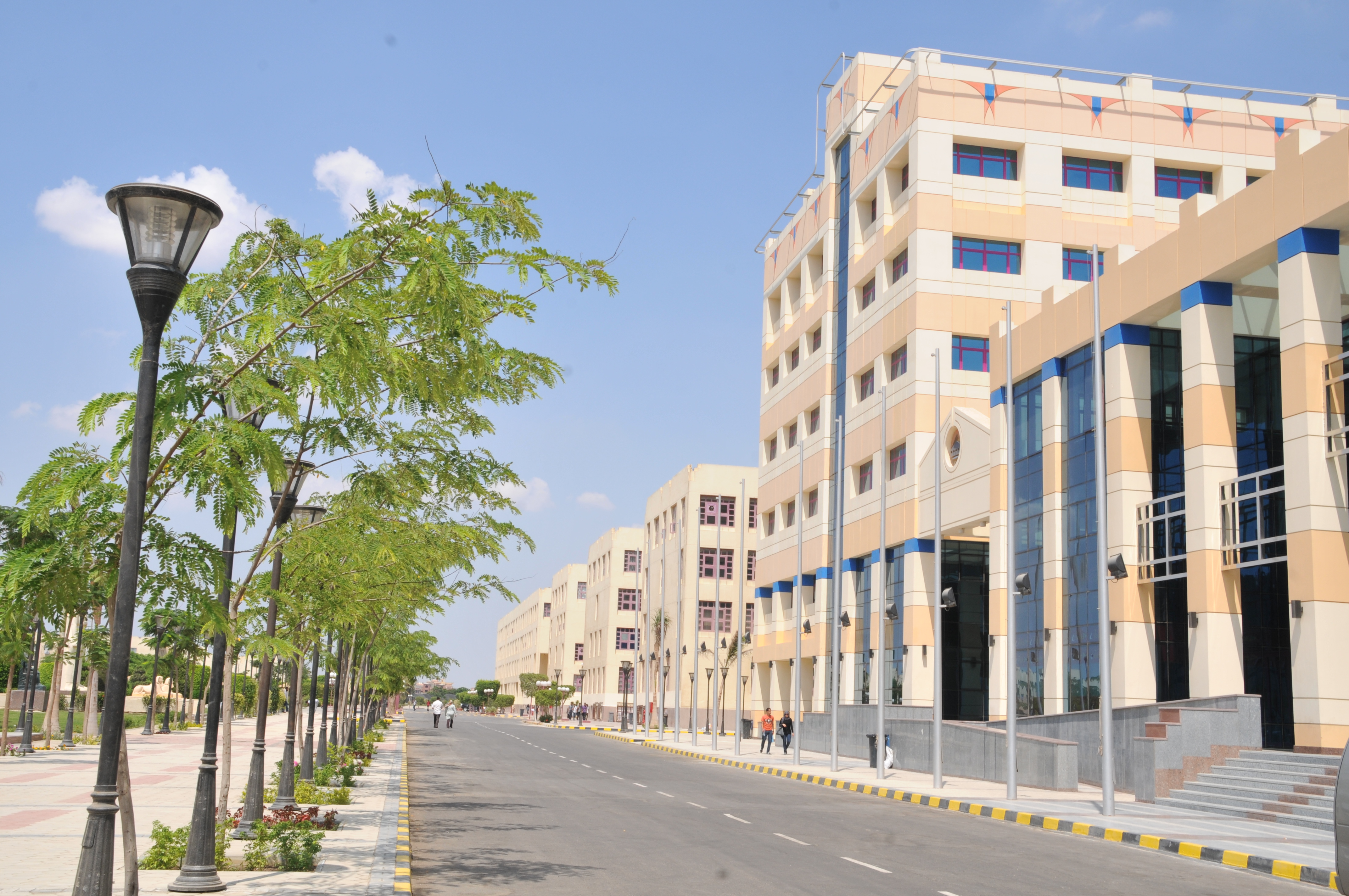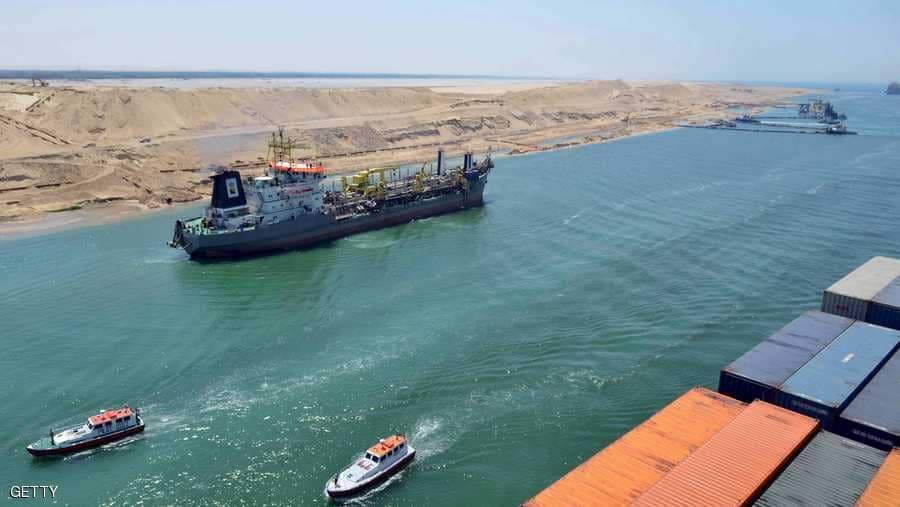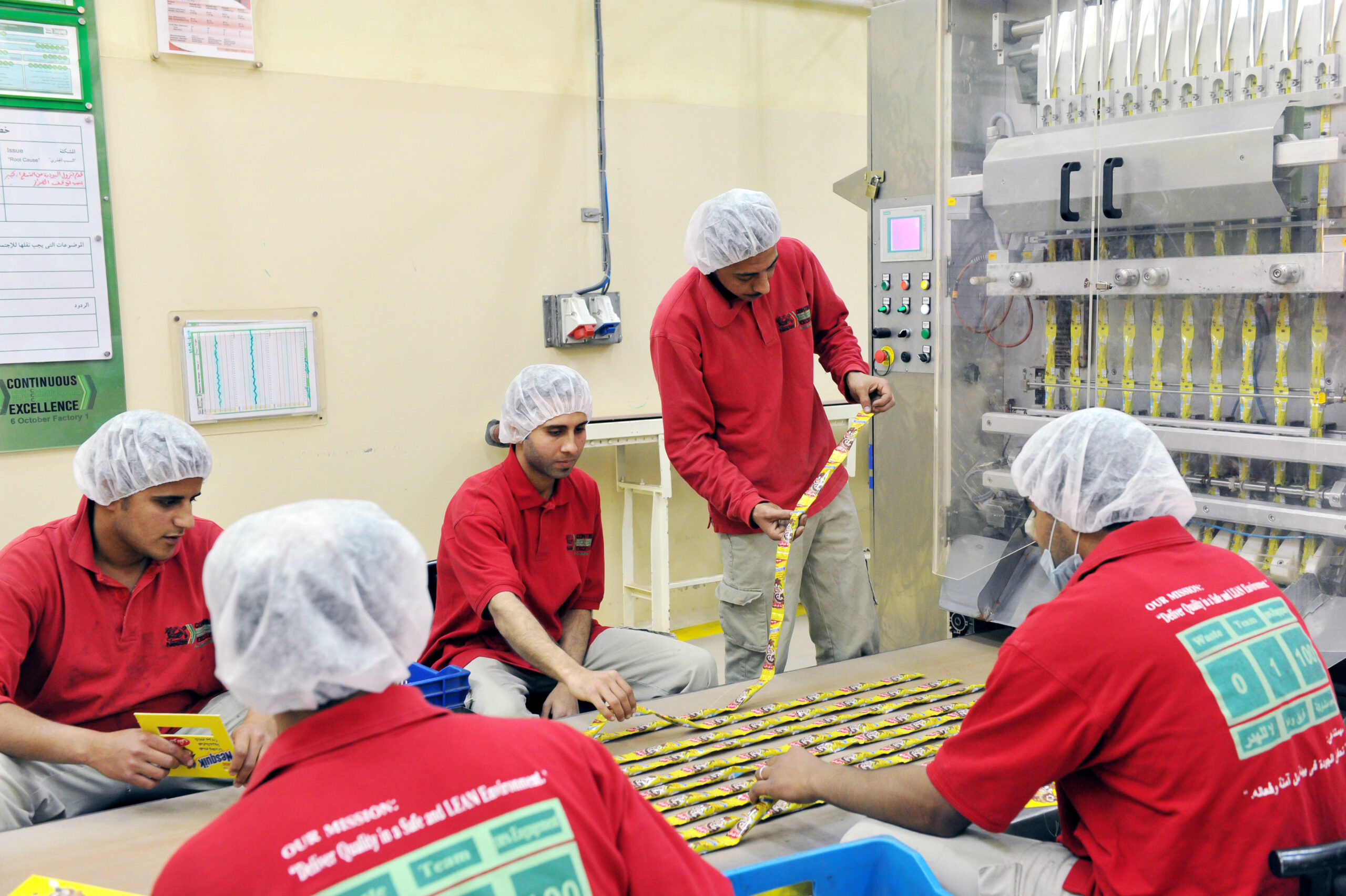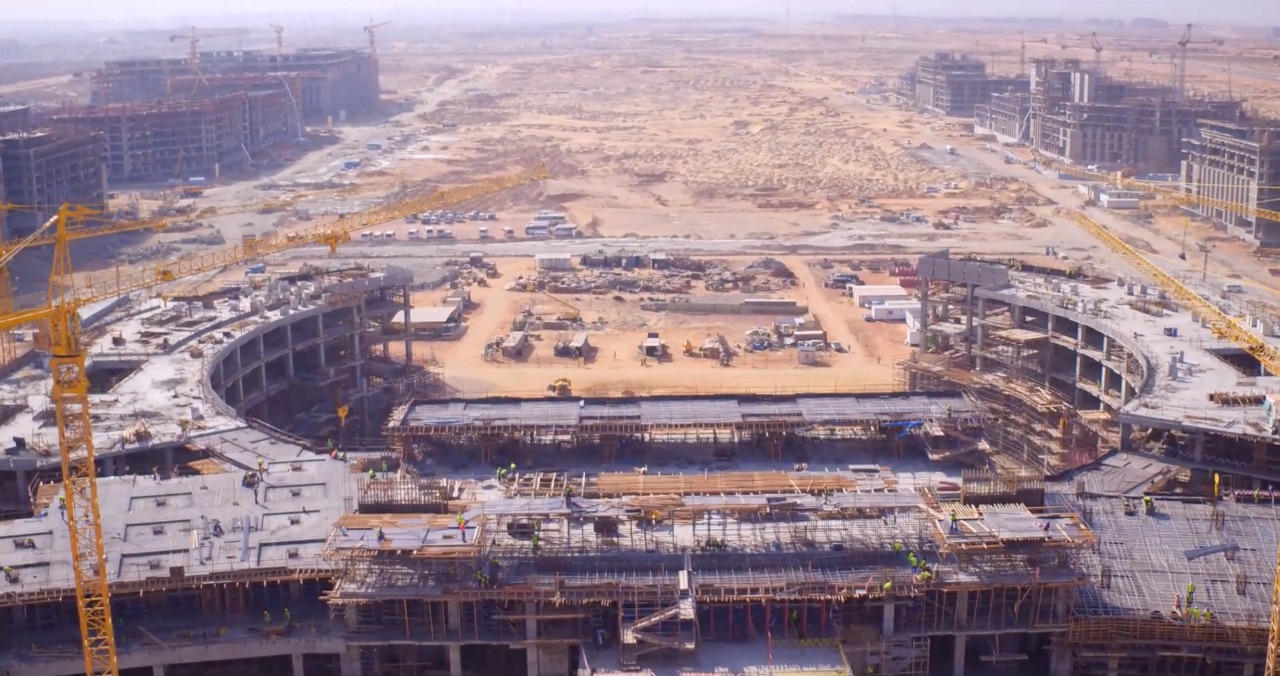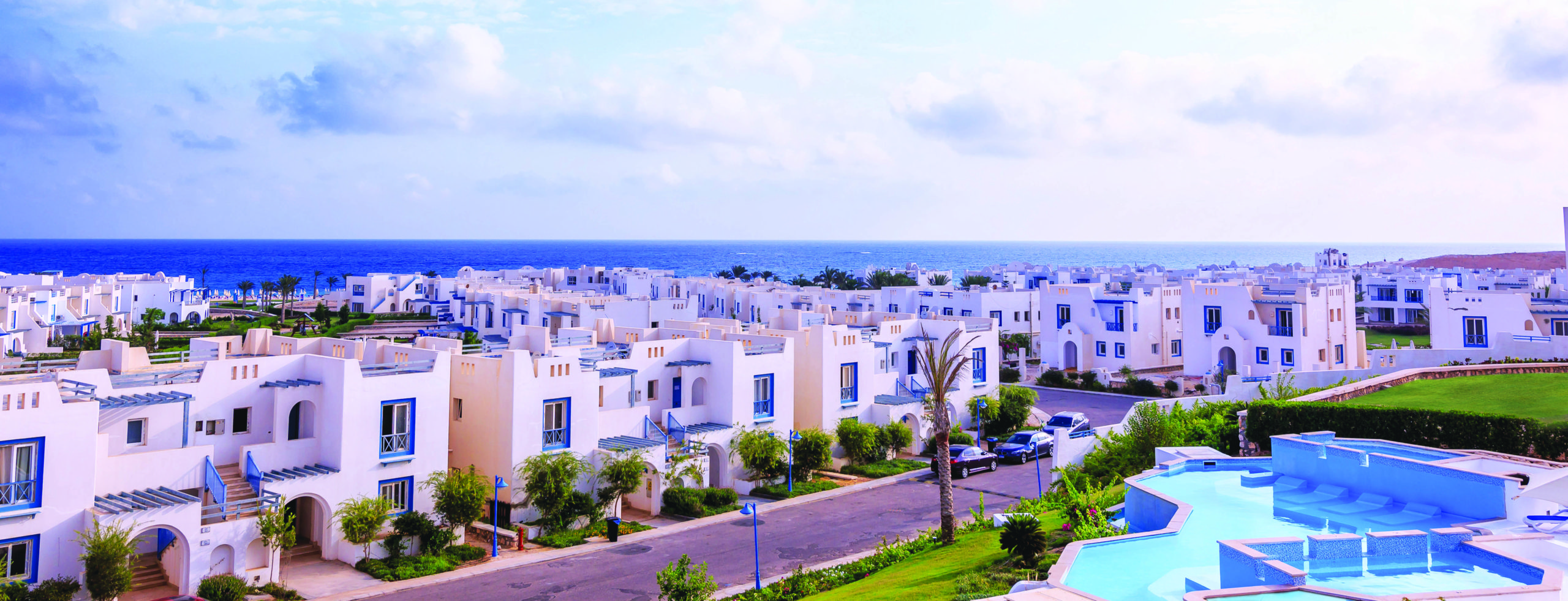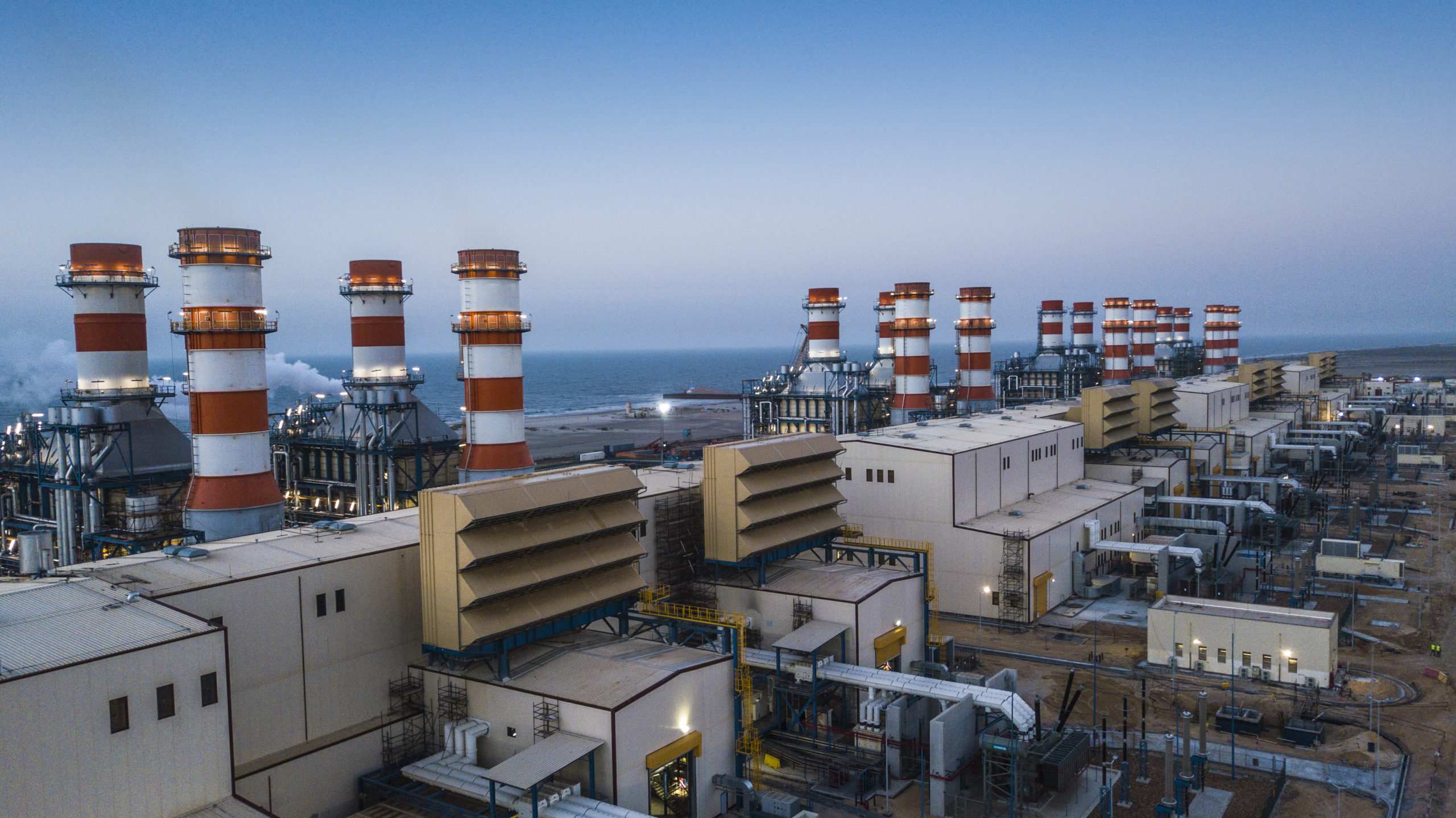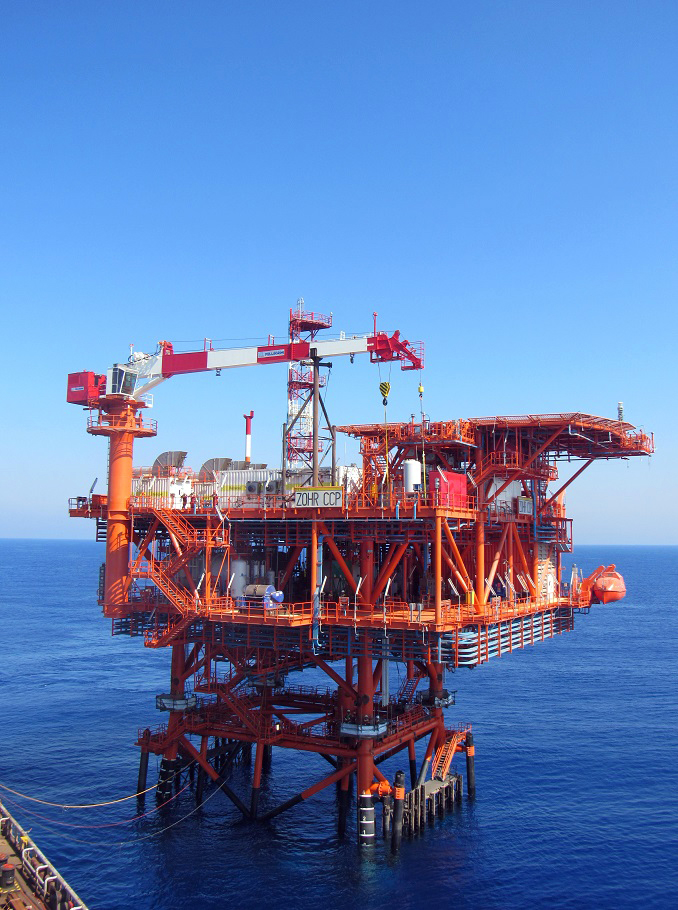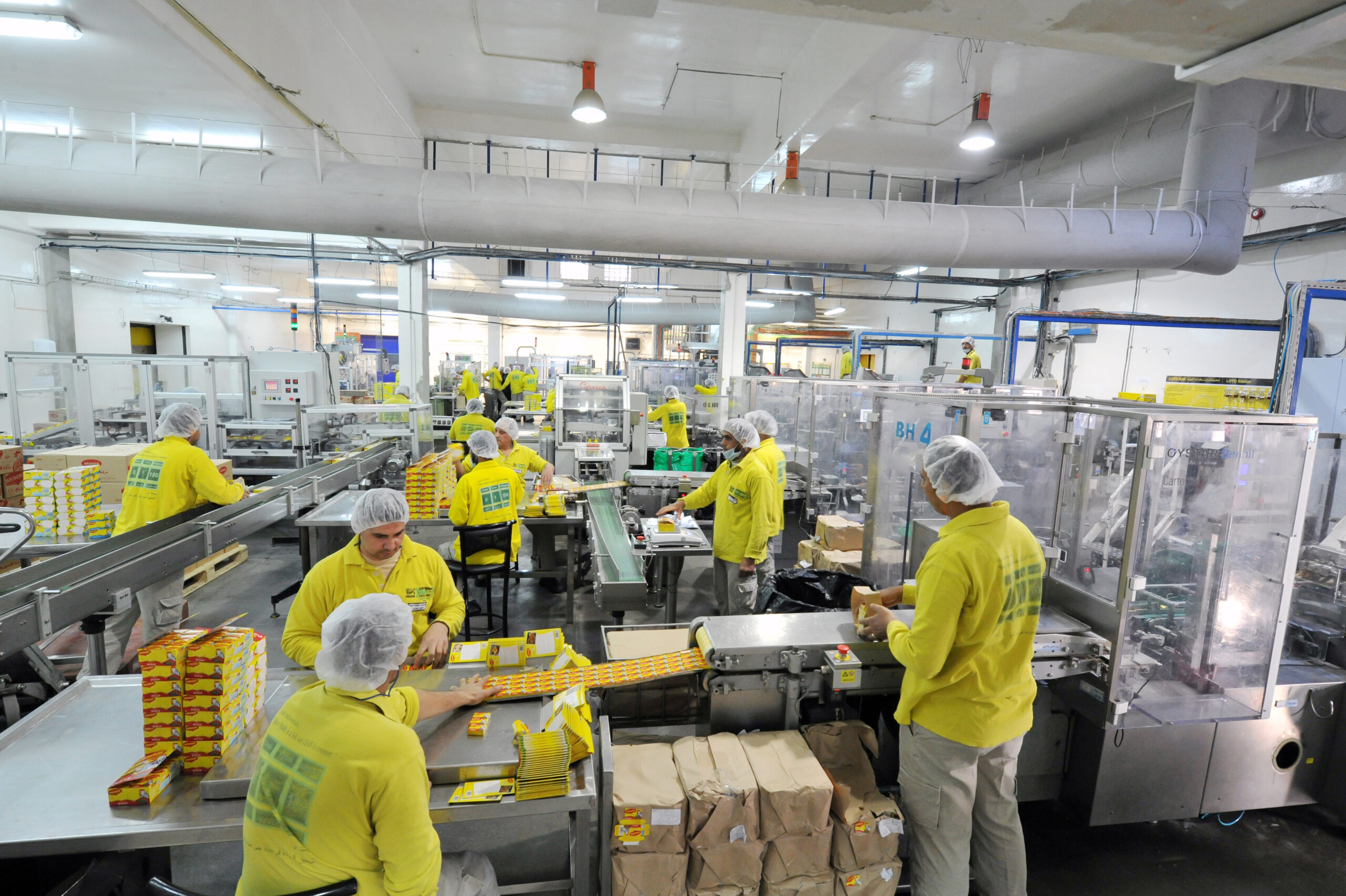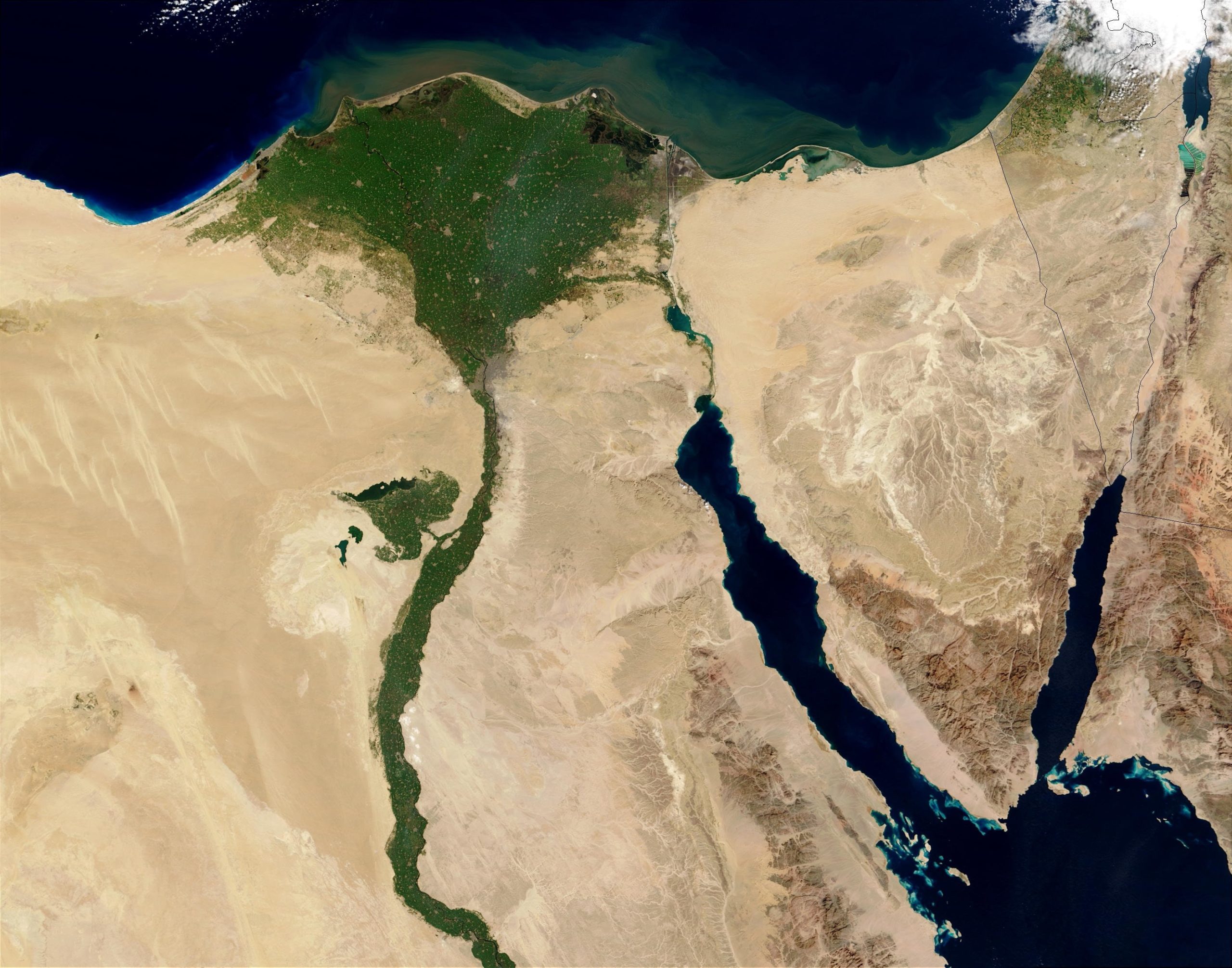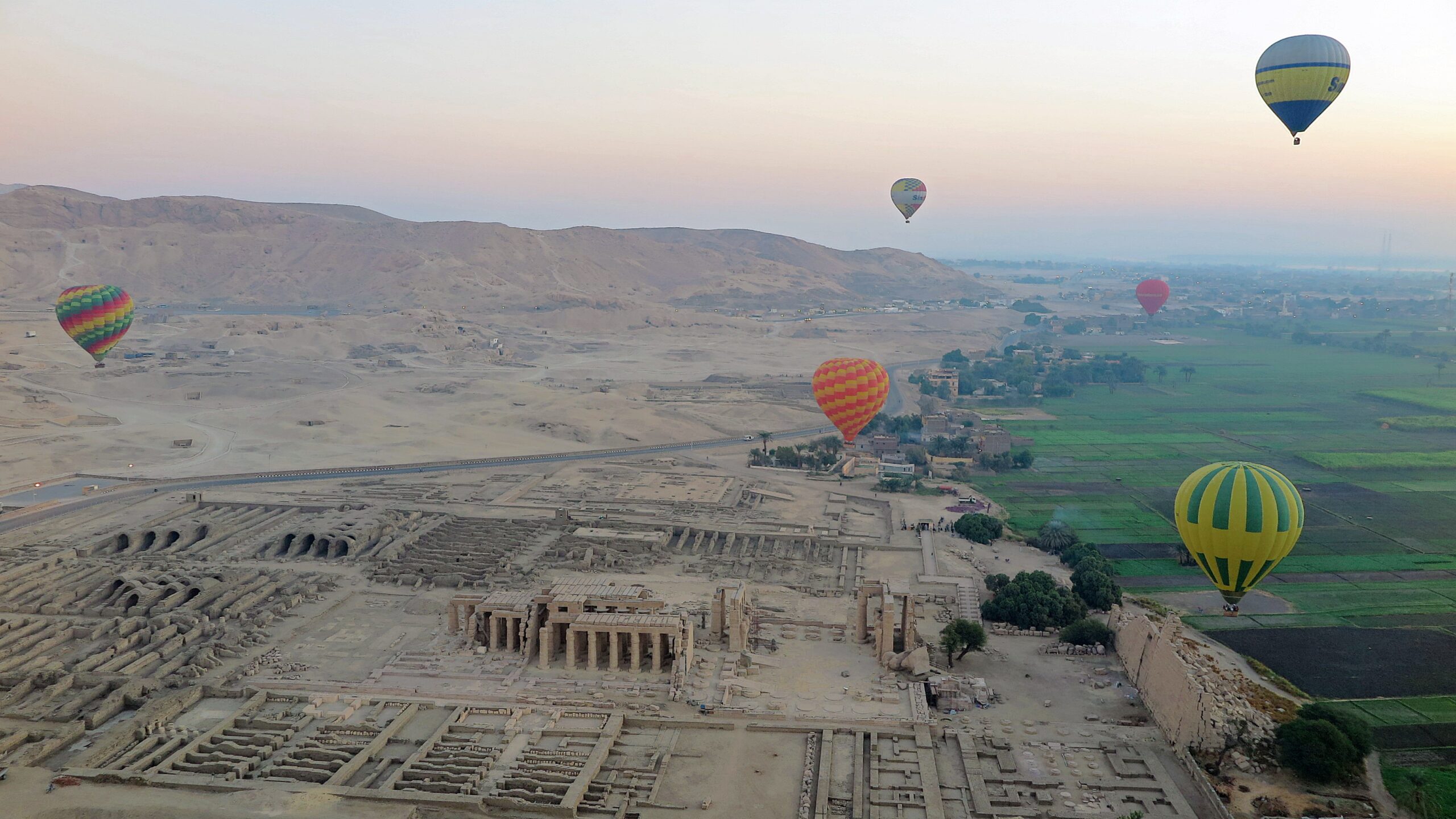
Interview: Marcus Caduff, Head of the Department for Economic and Social Affairs, Canton of Grisons
How do you assess the competitiveness Grisons as a base for global operations?
We host the annual meeting of the WEF in Davos, and are famous for tourism in several hotspots such as St. Moritz, Laax oder Arosa-Lenzerheide. In business, our central location and excellent connectivity have attracted many global players to the region. The presence of companies in life science such as Hamilton, Integra Biosciences and Baxter, in high-technology such as Trumpf, Cedes, Bizerba Busch, Oblamatik, and in trade such as Würth and Hoppe, are an excellent testimonial to the attractiveness of Grisons as a base for global operations. Two key attractive features are the lower infrastructure cost compared to areas like Zurich or Geneva, and the 3.2 million feet of industrial land available for greenfield projects with attractive conditions. We are currently working to develop various innovation-based spaces to create a network for start-up companies like incubators, shared labs, co-working spaces, and technology transfer.
As a research and innovation hub, what would you like to see the Canton contribute?
With an integrated education, research, and innovation strategy, the Canton of Grisons intends to make better use of existing potential in the fields of teaching, industry and research. New initiatives are being rolled out in various areas to connect the dots.
In the Canton of Grisons, research on the effects of climate change are intensifying. Research in the field of global warming and its impact is a logical measure, given that these effects are stronger in high-altitude mountainous areas. The ice mass and permafrost are melting rapidly. A variety of potential natural hazards threaten society, the economy and the environment. We want to ensure, despite global warming, that the Canton of Grisons remains an attractive and safe alpine Canton. To this end, we are looking to collaborate with existing research institutes to strengthen the Canton of Grisons as a research location in the field of climate risks.
How are you furthering academic research in the region?
Already today, the University of Applied Sciences of the Grisons offers among others, study courses specifically oriented towards industry in the field of «Photonics and ICT» as well as «Mobile Robotics». The Canton of Grisons is enhancing its competitiveness by investing $125 million into a new University of Applied Sciences campus creating space for additional technical study courses, laboratories and room for start-ups. The upcoming campus will further add-value to the current academia ecosystem, which includes a combination of internationally networked research institutes and applied research centers. A noteworthy center is the CSEM Center for innovation and technology transfer in Landquart, in addition to many others in Davos.


